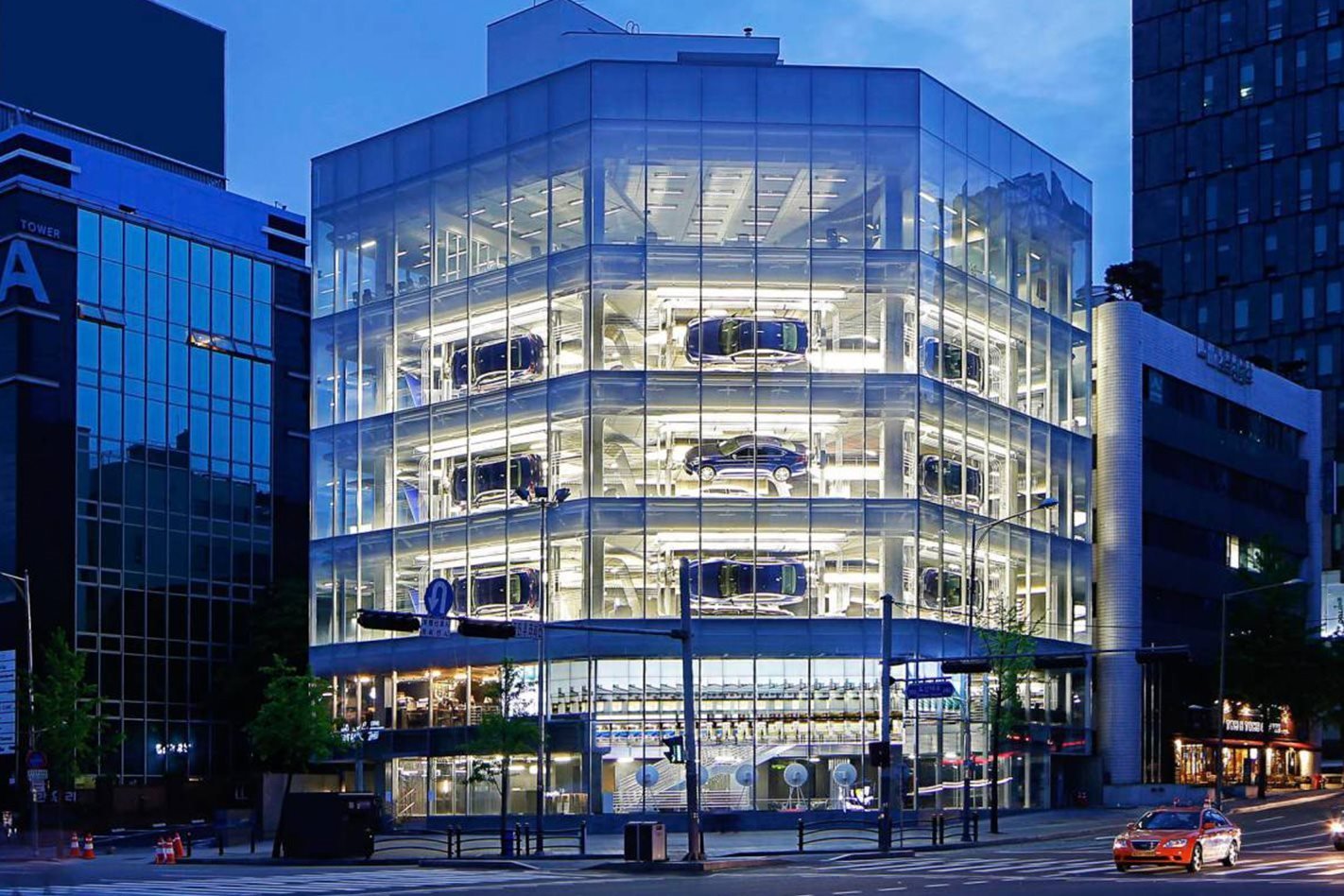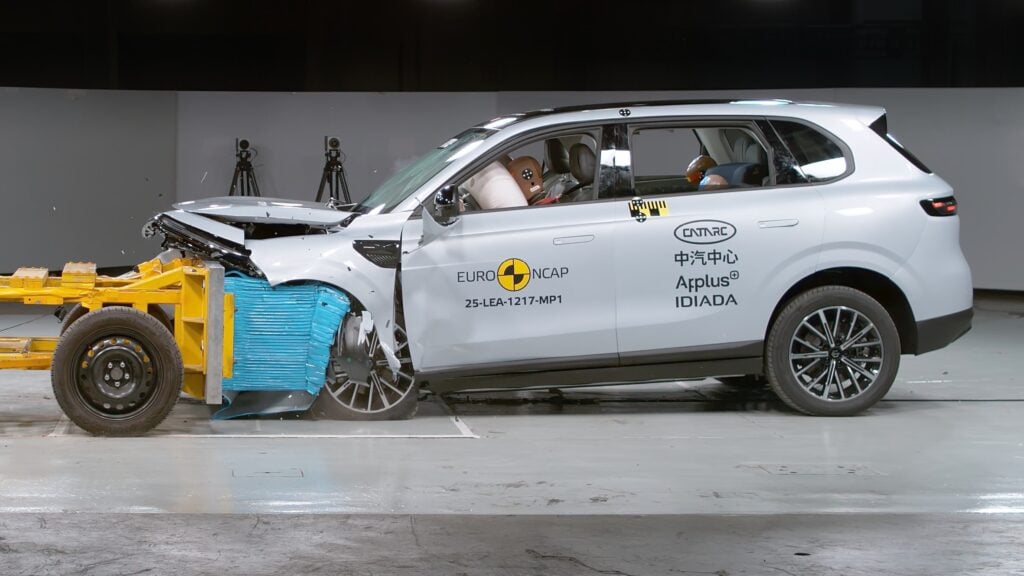
On the face of it, buying a car should be a pleasurable experience. It should be charged with excitement and optimism, filled with gratification and enthusiasm, and actually be memorable – for many people, buying a car may well be the only big-ticket item they purchase via their own financial independence.
And yet, somehow, car shopping has instead become one of the most laborious and stress-filled practices imaginable. What went wrong?
In the past, it was common practice in every retail scenario to be hounded by sales assistants or have to spend hours researching. Now, we simply open an internet browser and enter a few words into a search panel to find whatever it is we’re looking for.
We’re then met with reviews, clear pricing, comprehensive brand information, commitment-free return policies and, when it comes to big ticket items that warrant financing, (fairly) transparent financial commitments laid out for all to see.
When you look at our behaviours while shopping for anything else other than a car, the experience of visiting an automotive dealership and the actual bureaucratic process of signing forms, navigating the grey areas of upfront costs and so on, seems immensely archaic.
According to consumer forecasting agencies around the world, though, that is about to change. The days of the car yard, according to them, are numbered, and in order to survive car dealerships must move forward and transform to align themselves with a digital-first consumer.
“Today’s shoppers really expect to engage with brands and retailers in a seamless, immersive and personalised fashion,” says Conner Dial, a US-based strategist from future-focused agency PSFK, which just released a report on the shift and recently hosted a webinar on the subject. “Naturally, we’re seeing that car buyers and browsers are aligned with the same buying and browsing behaviours and these needs are not being met by current vehicle vendors.”
In general, today’s automotive consumers want to research and even purchase online, according to Dial. “They aren’t satisfied with the physical vendor experience – especially when information and specs are available online,” he adds. “They’re really looking for experiences that offer them immersive details about vehicles on digital channels.”
Most of all, consumers want more ways to cut down the up-to three hours spent at dealerships buying a car. And thanks to the internet, that is easier than ever.
Many makers are looking to streamline the buying process. This will happen through highly effective personalisation using data and by cutting out the middle man. You might remember recently that Tesla announced it would be closing many of its retail stores in the US (only to wind back a couple of days later), or when in 2012 Subaru bypassed the dealership with the BRZ dropping online only, or how last year Genesis made a move towards an anti-dealer sales model by showing cars in shopping centres, while the Volkswagen Group is in the midst of building a huge, deep, worldwide online buying platform that won’t even be ready for at least two years.
Buying a car online is not new, and we’ve written about it before… but what will the future of automotive retail actually look like? Aside from a shift in the marketplace towards subscription services and share-economy mobility services (which will also shake up whether or not we will all actually own cars at all), buyers will be able to order a car online and have it delivered to their door for a test drive in their own time.
It could mean more of an ongoing relationship with the brands you buy from, as well. This is something that luxury brands like Ferrari and Maserati already do very well via drive experience days and ongoing consumer interactions, but it’s something we are starting to see from more mainstream brands, as well.
This is especially true when you consider that most of the time the only post-sale contact we ever have with a brand is when something has gone wrong.
“Consumers also desire an ongoing relationship that is reciprocal not transactional,” says Dial. “Across all industries, we’re seeing that the point of purchase is not the end point for customers. They really want to look for things like loyalty and data sharing and extended value form the products they purchase.”
“The car-buying process, compared to other sectors, seems disjointed, opaque and complex,” notes Dial’s PSFK colleague, senior strategist Penn Whalin. “Pricing is confusing and financing is complicated and it really moves a lot of excitement from the purchasing process and consumers are already changing their attitudes and this calls for a major change in how cars are bought and sold in order to keep up with consumer expectations and these new emerging desires.“
Many brands have dabbled in the online space with mixed success, while the morass of state and federal legislation around stamp duty and other costs means that advertising the price of a car online is still not an easy thing to do. The digital tide, however, is relentless, and your next new car may only be a mouse click away.



